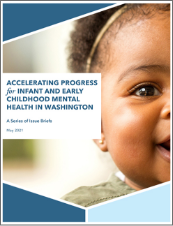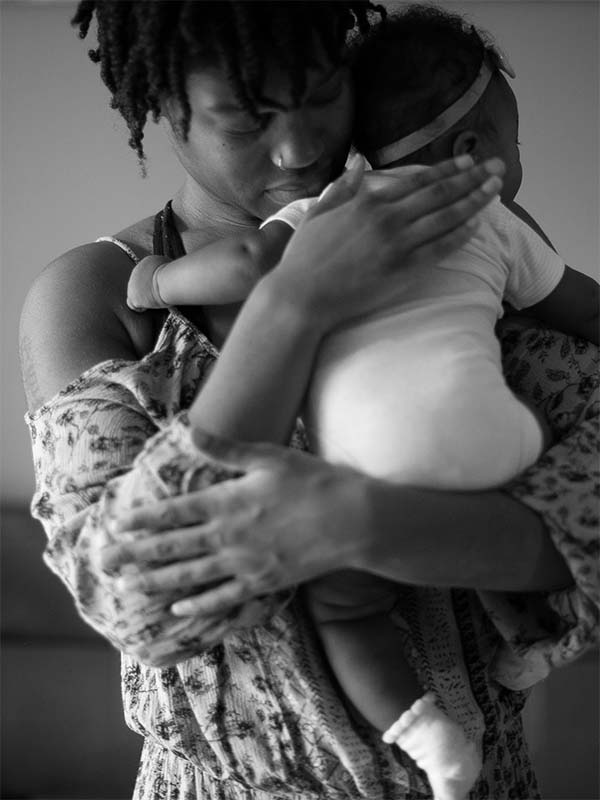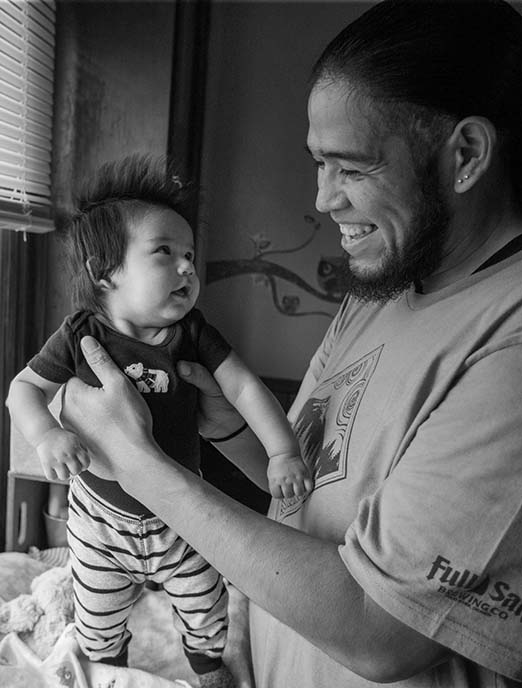EQUITABLE START FOR BABIES
Advancing Infant and Early Childhood Mental Health
The Impact of Relationships on a Baby’s Developing Brain
The infant brain develops within interpersonal relationships, where brain structure and function are shaped by early caregiver-infant interactions. When caregivers are attuned, positive, and responsive, the baby’s brain gets the kind of stimulation it needs to form neural circuits that support these critical capacities:
- Trusting others
- Managing emotions
- Communicating needs and wants
- Exploring and learning

The Impact of Early Adversity and Trauma on a Baby’s Developing Brain
Experiences of early adversity and trauma can also affect how the brain develops. When children are not protected from intense distress, their brains get “wired” to be on the look-out for danger. This makes it harder for them to develop the critical capacities of trust, emotion regulation, communication, and learning. The effects can be life-long, affecting their mental and physical health and their relationships as adults and parents.

Learn more about IECMH in Washington State here: WA IECMH Issue Briefs.
Intergenerational Trauma
An adult’s early traumatic experiences can show up in how they parent their own children. In this way, trauma can get passed down again and again, across generations. For example, a parent who was treated harshly as child may have few internal resources to soothe their baby. The baby’s cries are emotionally overwhelming and disturbing—even when the parent’s intention is to be as loving as possible. So the infant is left alone too often with intense feelings that overwhelm and frighten her. She does not develop a sense of herself as worthy of love, and, as she grows, is preoccupied with trying to feel safe. This saps her ability to learn, make friends, and become the parent she would like to be as an adult.
Many IECMH interventions seek to interrupt this cycle. They target the infant-parent relationship, helping parents by understanding and empathizing with their own trauma, then supporting their developing capacity to respond to and adequately buffer their own baby’s distress. Both parent and baby are helped to find moments of mutual joy. By supporting parent and caregiver healing and the ability to provide the nurturing experiences that infants and toddlers need, we can mitigate the impacts of early adversity.

About Infant and Early Childhood Mental Health
When the U.S. mental health system was shaped, babies were neither recognized nor considered. It remains particularly challenging for families with babies to navigate a system that was not built for them and that does not consider the developmental needs of infants and toddlers or the importance of treating caregivers and children together. It is useful to think about infant and early childhood mental health (IECMH) from two vantage points:
- IECMH is synonymous with early social-emotional development and develops in the context of caregiver relationships, community, and culture. From a universal standpoint, IECMH is a positive to be widely promoted
- IECMH is a field composed of workforces, interventions, and policies that support the baby-caregiver relationship. The IECMH field both promotes IECMH as a universal positive and intervenes early in the presence of risk or adversity.

“Our whole system of supports for little ones and their parents would look completely different if the brain science of early development was more widely understood.”
Lisa Mennet
Sign Up for Perigee Fund News
Get updates on funding, policy, and developments in the field.
